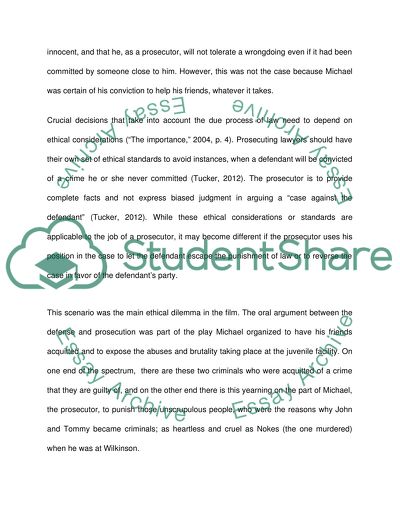Cite this document
(“Ethical dilemmas and the law Research Paper Example | Topics and Well Written Essays - 1750 words”, n.d.)
Retrieved from https://studentshare.org/law/1610447-ethical-dilemmas-and-the-law
Retrieved from https://studentshare.org/law/1610447-ethical-dilemmas-and-the-law
(Ethical Dilemmas and the Law Research Paper Example | Topics and Well Written Essays - 1750 Words)
https://studentshare.org/law/1610447-ethical-dilemmas-and-the-law.
https://studentshare.org/law/1610447-ethical-dilemmas-and-the-law.
“Ethical Dilemmas and the Law Research Paper Example | Topics and Well Written Essays - 1750 Words”, n.d. https://studentshare.org/law/1610447-ethical-dilemmas-and-the-law.


